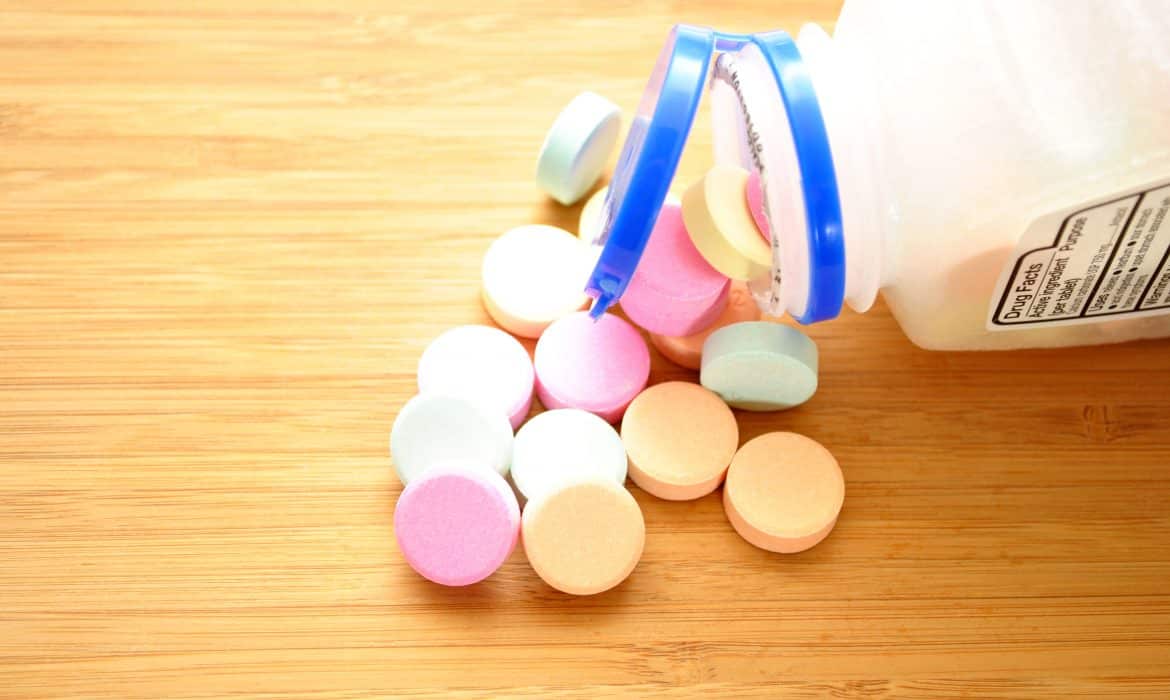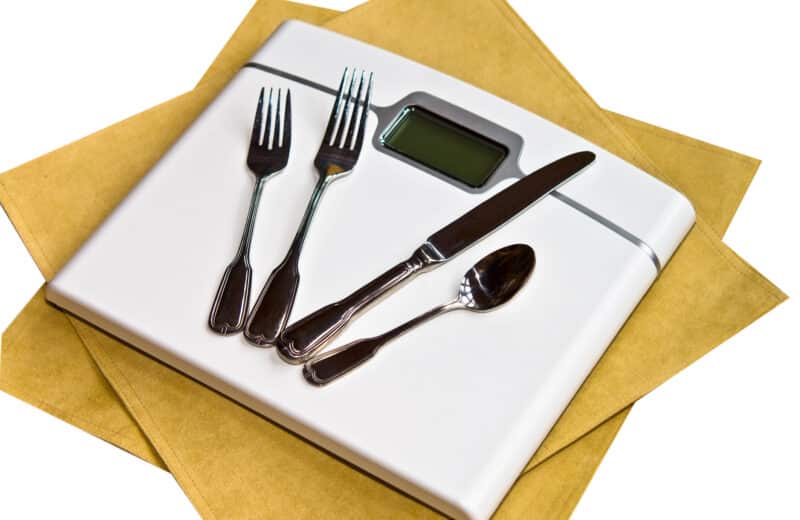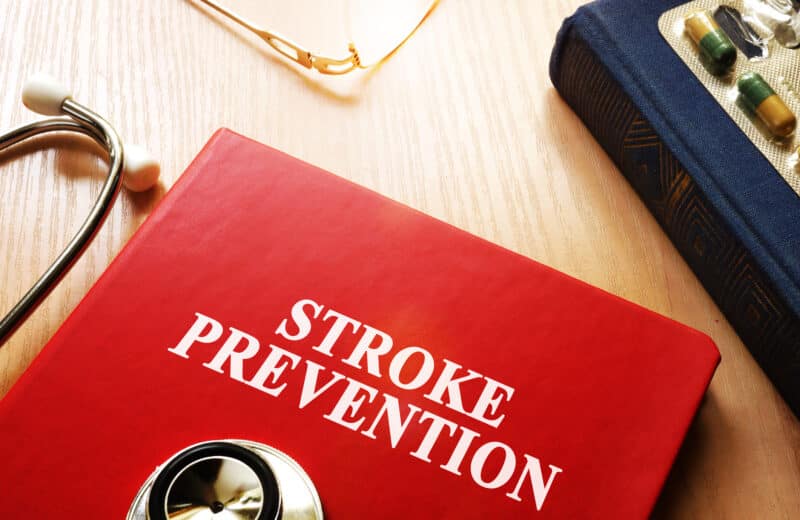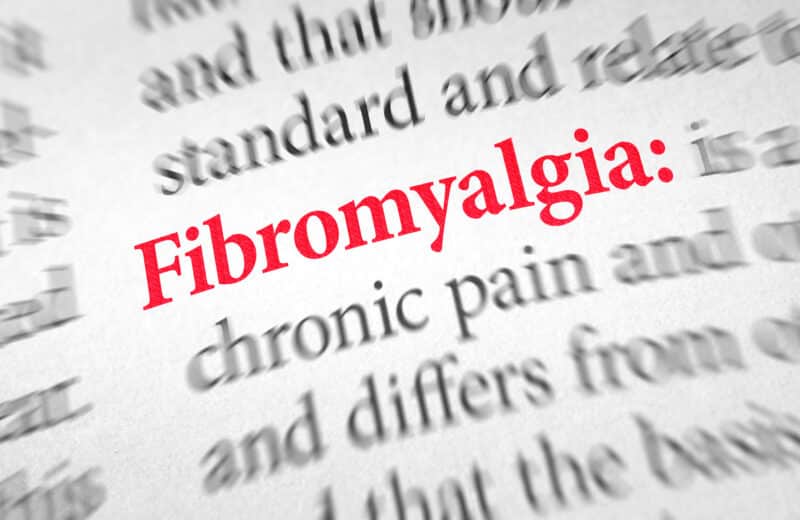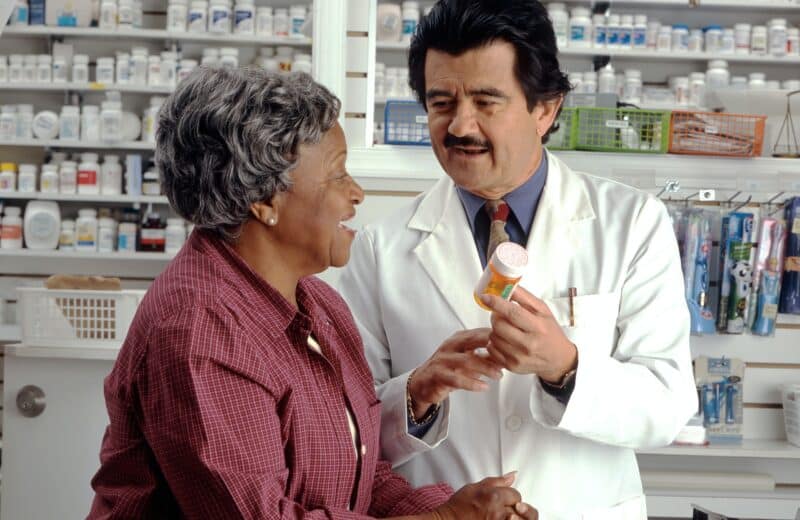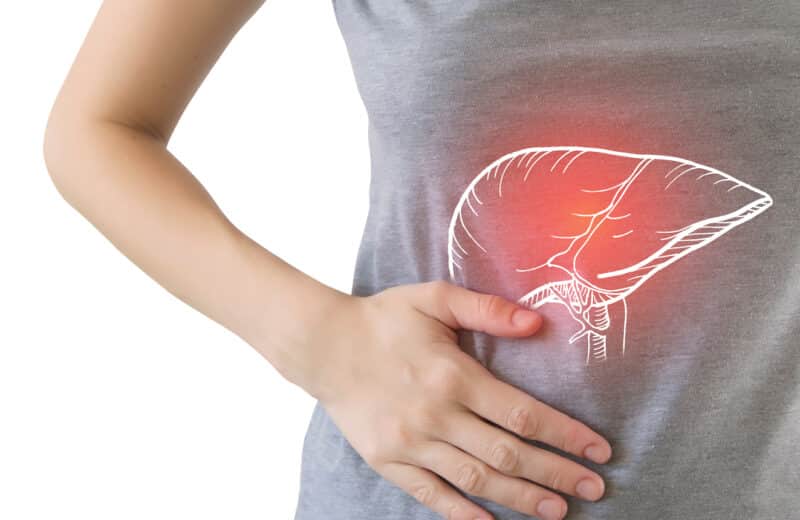Q: I get heartburn occasionally. On average, I have about three episodes per month. But once the heartburn starts, it can sometimes last all day. What do you suggest?
A: Heartburn is caused by stomach acid moving up out of the stomach into the lower part of the esophagus. Reducing the overall acidity protects the esophagus from burning or irritation when the stomach contents back up or “reflux.”
The fastest treatment is to neutralize the acid already in the stomach and lower esophagus by taking an antacid. You can usually feel relief within minutes.
There are many varieties of antacids with different active ingredients, such as calcium carbonate, magnesium hydroxide and aluminum carbonate. Magnesium containing products may cause loose stools, while aluminum may be constipating. That’s why many antacids contain a combination of magnesium and aluminum.
Antacids work quickly, but symptom relief often doesn’t last. If that happens, you could repeat the antacid. But I would suggest following the antacid with an H2 blocker. H2 blockers work by inhibiting stomach cells from making acid.
There are several different H2 blockers, such as cimetidine (Tagamet), famotidine (Pepcid), nizatidine (Axid) and ranitidine (Zantac). There are generic versions available at quite reasonable prices.
Some H2 blockers get marketed as faster acting. Rather than a swallowed pill, the product containing the H2 blocker might be in liquid form. Or it could be a chewable or effervescent tablet. For most people, the onset of symptom relief is similar for all of them. But you may find a particular preparation that works best for you.
Ideally you should not take an H2 blocker at the same time you take an antacid. Wait for 30 to 60 minutes. The H2 blocker starts to act within an hour. Generally the medicine keeps working for another 10 to 12 hours. So, you might need to take another dose later on.
The strongest stomach acid inhibitors are called proton pump inhibitors (PPIs). They start acting on the day you take the first pill. But it may be many hours before you get relief. And the maximal benefit might take two to three days. So, PPIs are better suited for people with more frequent heartburn than you have.
(Howard LeWine, M.D., is an internist at Brigham and Women’s Hospital in Boston and assistant professor at Harvard Medical School. For additional consumer health information, please visit www.health.harvard.edu.)

